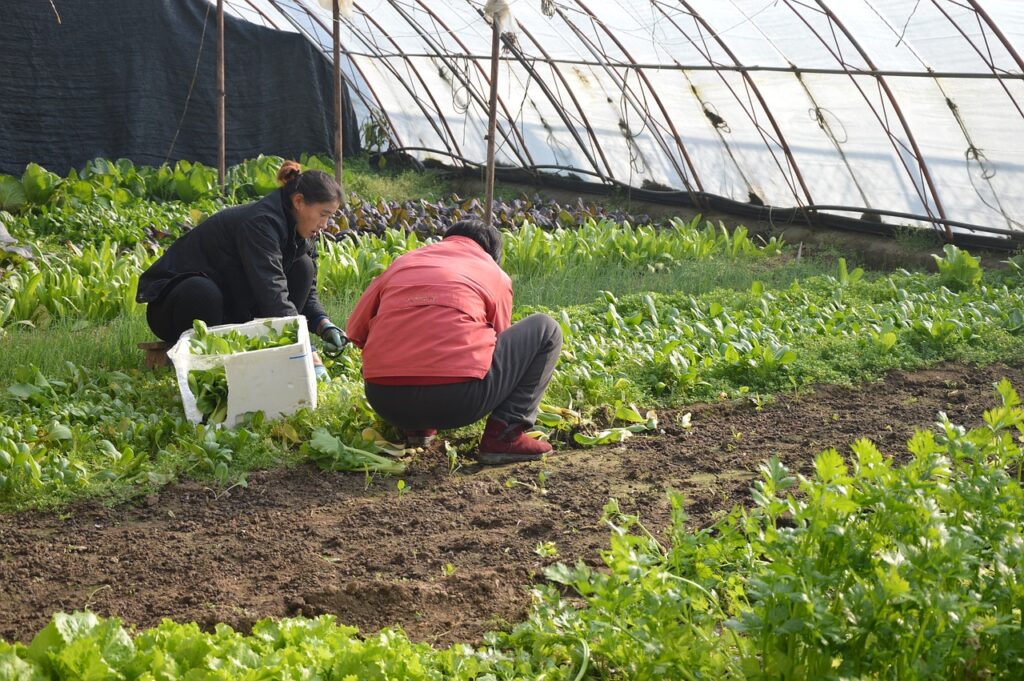What is Flexible Leadership Being flexible is the capability of readily changing (Merriam-Webster, n.d.)1. In…
Solving Food Issues Through Empowering Women Leaders
*Image Source: Pixabay
The need to end hunger is a challenge to all generations. This present generation needs to solve this problem by empowering women leaders. Women comprise fifty percent of the agricultural labor force in various developing countries. However, land ownership and rights, inputs and extension services, credit limitation, hinder agricultural production.
If women take on leadership roles in agricultural production, yields will increase and feed more hungry people in the world. Women have the probability to reinvest their income back into their families to improve nutrition, with education, and health.
Gender Stereotypes
When people think of the best leaders they have worked with, most likely that person would have been a man. The reason behind this mindset is that leaders have traits that are normally attributed to man. These are competent, dominant, strong, forceful, and heroic. Stereotypically, these are related to the male gender.
On the contrary, fewer leadership qualities are associated with women. Women’s main characteristics are not compatible with leadership.
African Women in Agricultural Leadership and Involvement
Leaders in Africa is taking action in investing in women regarding the increase in agricultural production. In 2014, Africa held a three-day Sharefair on Rural Women’s Technologies to Improve Food Security, Nutrition and Productive Farming.
This was held to coincide with the International Day of Rural Women on October 15 and World Food Day. This emphasized the opportunities to invest in technologies that support rural women with 14 countries.
Commissioner for Rural Economy and Agriculture at the African Union Rhoda Peace Tumusiime noted the great contribution of women to community resilience, household investment, national economic growth, and the vibrancy of regional economies.
She said that women are significant in improving African agriculture. They serve as catalysts for economic growth, especially in agriculture and agribusiness.
Asian Women in Agriculture
In Asia’s developing countries, women do not get the credit in agriculture. Women are invisible in the field of agriculture.
Social scientists Michael Collinson and Hilary Sims Feldstein said that women’s efforts in agriculture are not recognized. Work that is unpaid becomes ‘housework’ and paid work becomes ‘farm labor.’ Neither of the two terms recognizes the real value of the contributions women do to Asia’s food-producing capacity. The two scientists produced a gender study on rice farming systems for the Consortium of International Agricultural Research Centers.
Conclusion
Women’s role in agriculture cannot be underestimated. Their contribution in the field of agriculture must be recognized. With their part in agriculture, they can help eradicate global poverty.




